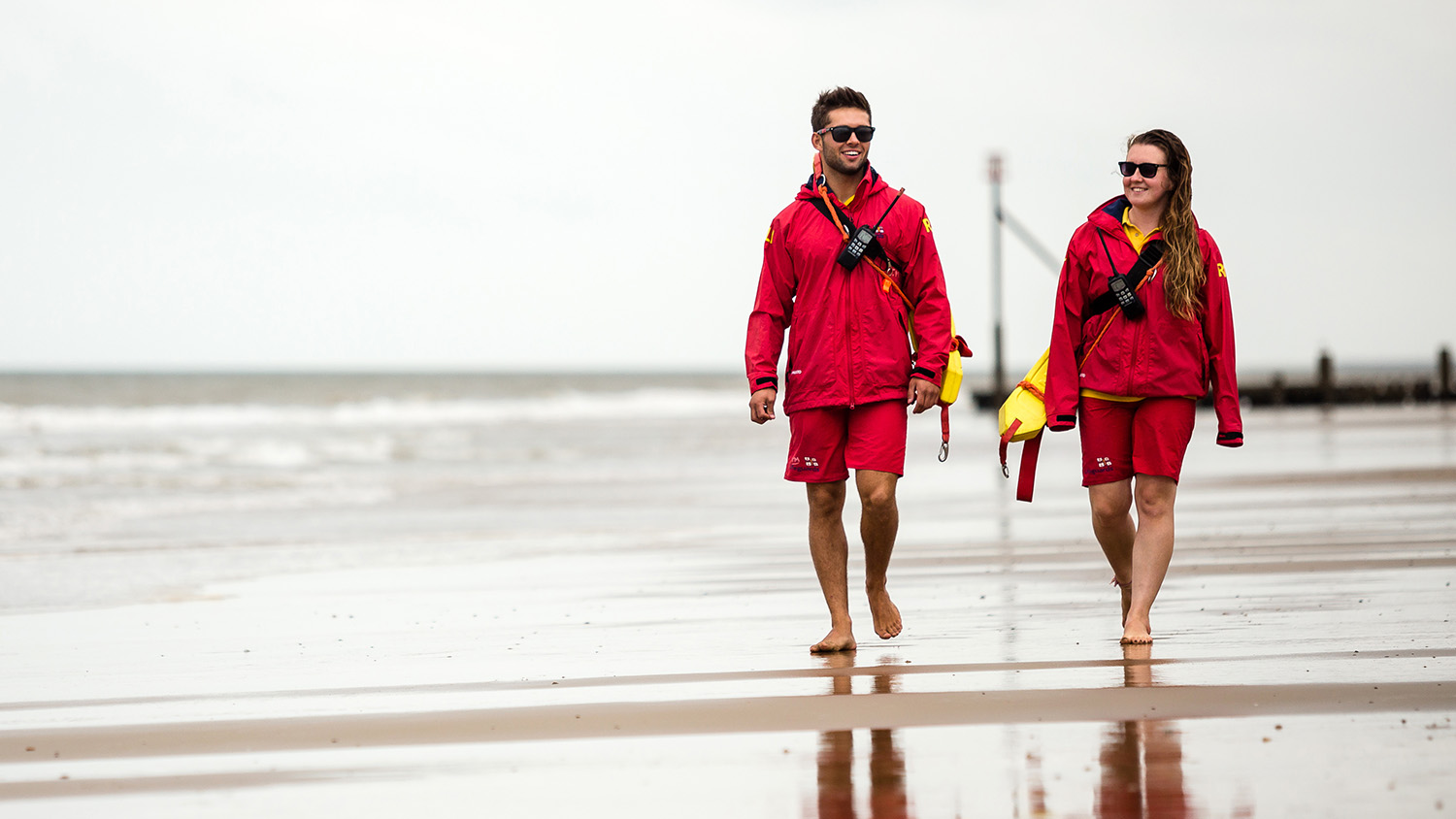
You would protect people safe in swimming pools, beaches, rivers, and lakes. You’d take leadership in an emergency and rescue others from drowning.
You would monitor and supervise swimming areas to prevent tragedies. You would ensure swimmers are aware of possible hazards and avoid them.
In an emergency, you’d need to be able to concentrate for long periods while also acting calmly and decisively. For example, people in an accident may be scared or terrified, so you should calm them down and talk to them as clearly as possible.
Responsibilities
Throughout your apprenticeship, you may help:
- make sure swimmers follow safety rules
- make sure people stay in safe areas
- rescue swimmers in danger
- give first aid
As a pool lifeguard, you’ll also help:
- advise swimmers on how to use diving boards and slides
- check pool water temperature and chemicals
- clean the pool area and set up equipment
As a beach lifeguard you’ll also help:
- monitor sea conditions and set up safety flags
- be a point of contact for people on the beach.
Salary
- Starting salaries for an apprentice is £15,000 per year.
- Experienced life guards can earn up to £22,000 per year.
Working hours
You will typically work 35 to 40 hours per week, including evenings, weekends and bank holidays on a rota.
Working environment
You could work at a fitness centre.
Your working environment may be humid and outdoors some of the time.
Qualifications
Qualifications you can achieve as an apprentice lifeguard include:
- Level 2 Leisure Team Member – Entry requirements for this level include some GCSEs, usually including English and maths, or equivalent, for an intermediate apprenticeship. This qualification will take 18 months to complete.
As well as learning how to perform the duties of a lifeguard, on this apprenticeship you will also learn more about the duties of a:
- swimming teacher
- gym instructor
- group activities coach.
Skills
On a lifeguard apprenticeship, you’ll learn:
- customer service skills
- the ability to work well with others
- to be thorough and pay attention to detail
- physical skills like movement, coordination and dexterity
- knowledge of first aid and life saving techniques
- concentration skills
- patience and the ability to remain calm in stressful situations
- knowledge of public safety and security
- to be able to carry out basic tasks on a computer or hand-held device.
Career path and progression
You might work as a leisure facility manager if you have the National Pool Management Qualification.
Some pool lifeguards have swimming teaching or coaching certification and provide swimming lessons. You might also train and lead a lifeguard unit.
You might enter lifeguard contests.
